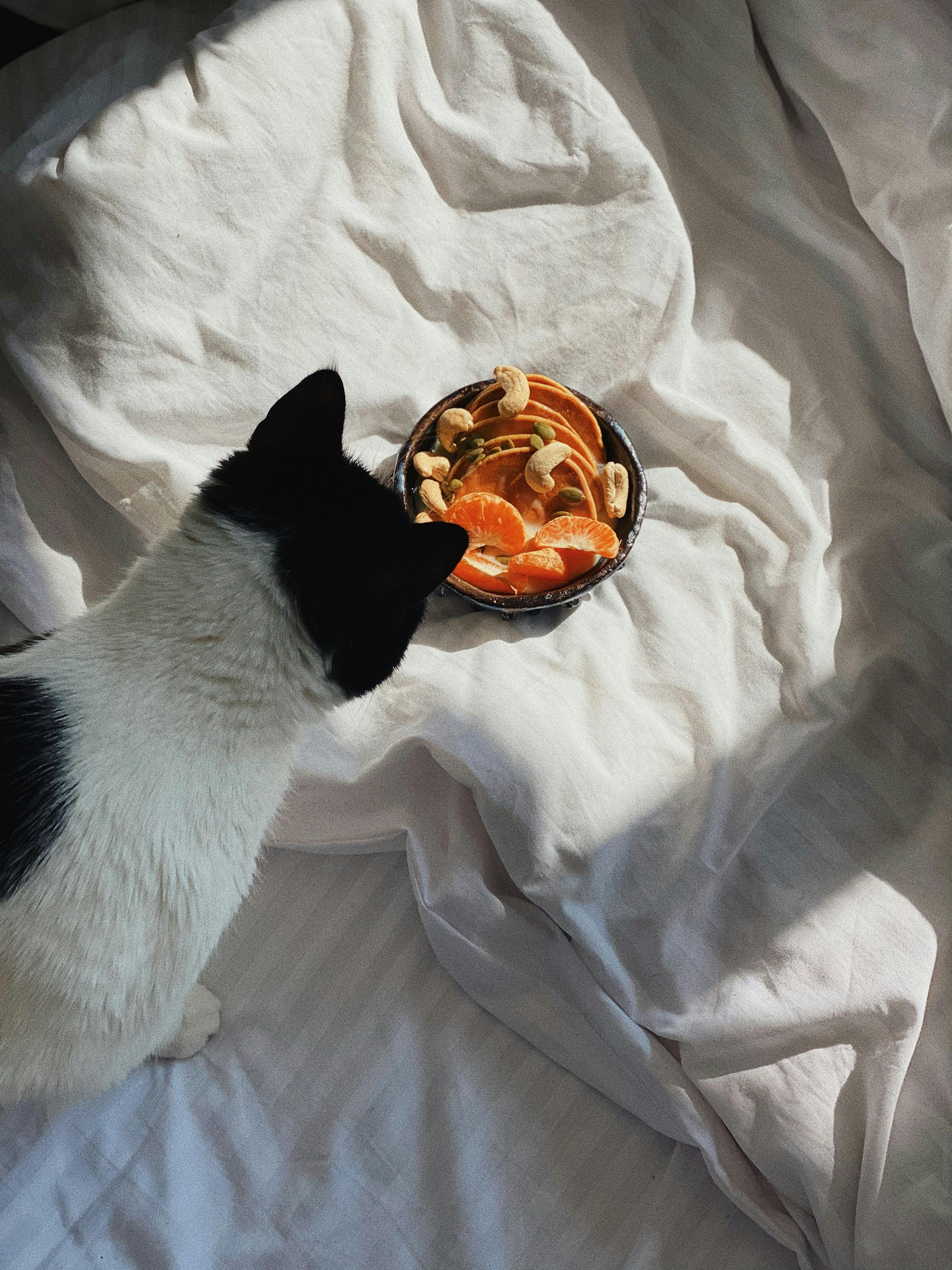
Introduction
Pets are more than just animals; they're family, offering unconditional love, companionship, and even health benefits to their owners. However, maintaining a pet's health requires more than just regular exercise and yearly vaccinations. One of the most crucial aspects of pet care is nutrition. A well-balanced diet is vital in boosting your pet's immunity, supporting their growth, and maintaining their overall well-being. For this reason, pet owners must understand the potential threats to their pet's dietary health. Among these threats is the common practice of feeding pets table scraps. This article titled 'Understanding the Dangers of Table Scraps: Tips for Healthy Pet Care and Nutrition' will detail the risks involved and provide tips for feeding pets responsibly.
The Realities of Feeding Pets Table Scraps
Feeding your pet from the dinner table can seem innocuous. After all, if the food isn't harmful to humans, it should be safe for pets, right? Wrong. Unfortunately, some foods we consume daily – including chocolate, onions, or grapes – can be toxic to certain pets. Over-consumption of table scraps can also lead to obesity, nutritional imbalances, and associated health issues like diabetes or digestion problems in pets.
Your pet's digestive system is very different from yours. Certain kinds of people food can cause uncomfortable symptoms in your pet, such as vomiting or diarrhea, and even more serious health issues like pancreatitis or liver disease. Moreover, feeding pets from the table encourages poor behavior like begging, leading to more problems down the line.
The Risks of Toxic Foods
Unbeknownst to many pet owners, common foods in our diet can pose serious risks to many pet species. For instance, foods like chocolate, caffeine, onions, garlic, chives, alcohol, grapes, and raisins can all cause severe health issues in dogs, cats, and many other pets. Some of the side effects can range from gastrointestinal upsets to severe organ damage, and in extreme cases, even death. It's critical, therefore, to educate yourself about which foods are potentially harmful to your specific pet before sharing your meals with them.
Creating a Balanced Diet: The Key to Pet Health
While pets certainly appreciate indulging in a variety-style diet just like humans do, it's essential to remember that they need balanced and consistent nutrition above all. A steady diet of high-quality commercial pet food often provides this balance. These foods are designed to provide complete nutrition tailored to your pet’s age, size, breed, and health condition. Adding table scraps could disrupt this balance and potentially lead to health issues like obesity and nutritional deficiencies.
Instead of giving your pet scraps from your meals, consider rewarding them with specially-designed pet treats. Not only do these provide a healthier alternative, but they can also aid in training and bonding with your pet.
Fostering Good Nutrition and Behavior
Encouraging good feeding routines can aid in developing better behaviors in pets. Structured feeding times and limiting interactions with your pet while you’re eating can deter begging behavior and promote healthier eating habits. Instead, engage your pet in interactive activities like games or obedience training to strengthen the bond between you without associating it with food.
Additionally, regular vet visits are vital in maintaining your pet's health. Your vet can help you understand your pet's dietary needs and suggest the best pet food and treats based on their breed, age, and health status.
Conclusion
The way to your pet’s heart is not through his stomach, at least not with table scraps. Responsible pet ownership involves understanding and providing for your pet's dietary needs, avoiding potentially toxic foods and maintaining a balanced diet. Remember, your pet's health is a reflection of the care and attention you provide. By understanding the dangers of table scraps and the importance of a healthy diet, you can contribute significantly to your pet's nutrition, health, and overall well-being. Promoting healthy care and nutrition for pets is not just an obligation, but a responsibility that all pet owners should take seriously.